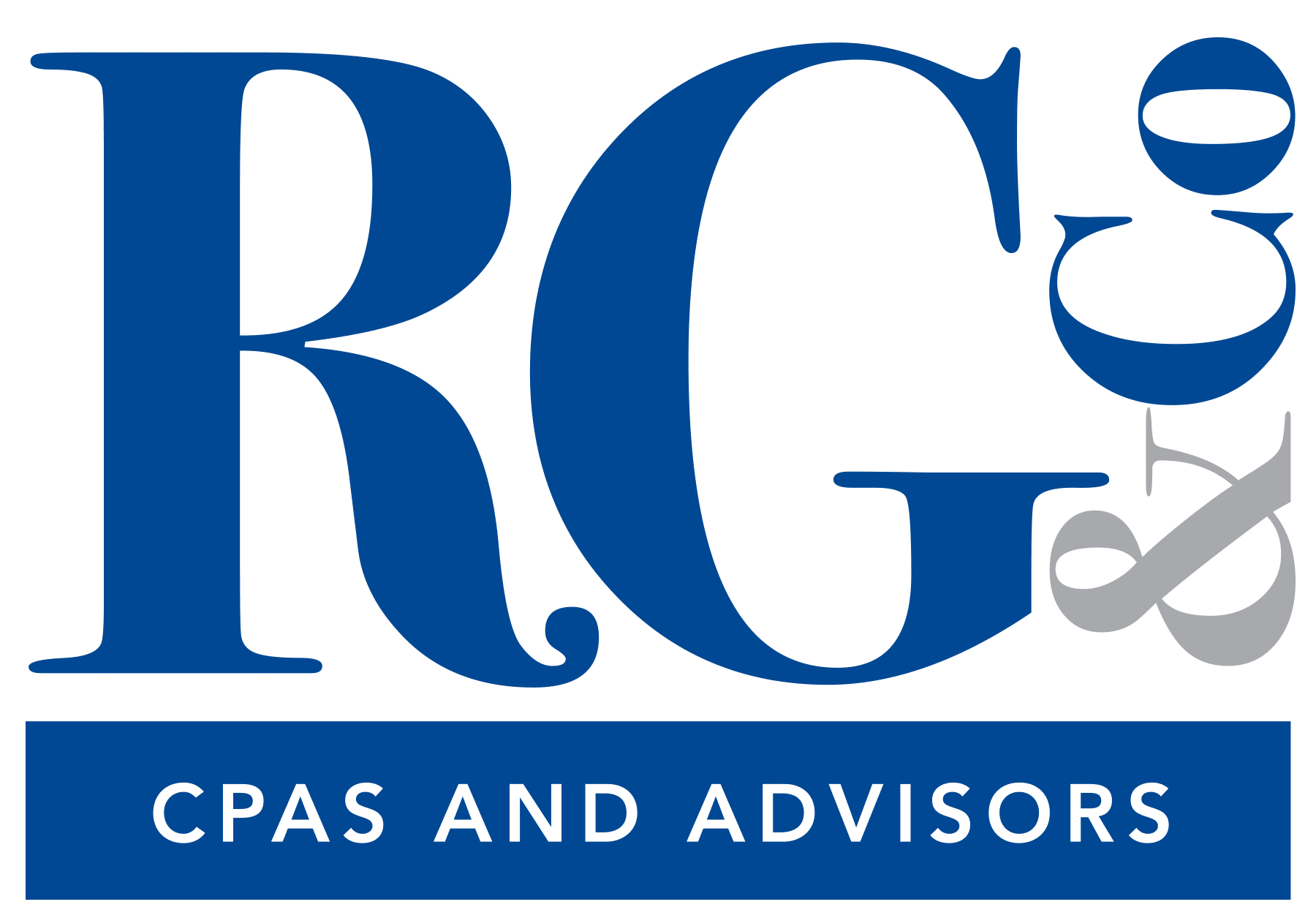- April 14, 2018
- Posted by: Rivero, Gordimer & Company
- Category: Business Advice
The article below “Tax Tips for First-Time Business Owners” was originally published on Small Biz Daily on February 21, 2018.
Running a successful business requires patience, dedication, and organization. These circumstances are only amplified during tax season when business and financial operations feel like they are under a microscope.
All business owners feel pressure during tax season, but it can be especially difficult for first-time business owners. If you’re a business owner filing taxes for the first time, here are a few things to keep in mind.
You May Want to Hire a Professional
If you’ve taken the necessary steps throughout the year, it’s definitely possible for you to file your own taxes.
However, great business owners understand that time is money. Every hour you spend researching tax deductions and relevant tax forms means hours you take away from other areas of your business.
Many first-time business owners have their hand in many operations of their business, but tax planning and preparation may be one area to leave to a professional.
Because this is your first time filing business taxes, hiring a Certified Public Accountant (CPA) with years of experience can be beneficial. These professionals understand the intricacies associated with the tax code and can help you find deductions you never knew existed.
Furthermore, the fees associated with hiring a tax accountant are actually tax deductible.
Understand the Tax Requirements for Your Business Entity
As a first-time business owner filing taxes, you need to understand how your business entity affects tax preparation.
Whether your business is set up as a sole proprietorship, LLC, or corporation, each entity designation has its own legal tax requirements.
For instance, if your business is set up as a sole proprietorship, you will be required to file your business profit or loss statement through a Schedule C with your individual tax return, Form 1040. In addition, a self-employment tax, Schedule SE, is also required with your Form 1040.
Each business entity has their own requirements and forms that are mandatory. Completing these tax forms can be difficult for first-time business owners, so make sure you research the specifications for each field on your relevant form.
Failing to complete the correct form or making errors in the tax documents can result in fines or further penalties form the IRS.
Know the Important Dates
During tax season, there are plenty of important dates to mark on your calendar. Because this is your first time filing taxes for your business, do not wait too late.
The important dates to remember for tax season include:
- January 29, 2018: This is the first day that tax returns can be submitted to the IRS.
- January 31, 2018: This is the date when tax forms (W-2s and 1099 Forms) must be sent to employees.
- April 17, 2018: This is the final filing date. Payments received beyond April 18, 2018 may be subject to additional fees.
Organize Expenses Throughout the Year
Karl Swan, a tax senior for Tampa CPA Firm, Rivero Gordimer & Company, says that “Organizing business expenses throughout the year can seem cumbersome at the time, but when tax season comes around you’ll save yourself or your accountant several hours, while optimizing your available tax deductions.”
In other words, invest in organizing your financials throughout the year so that you are not wasting valuable time trying to reconcile expenses during tax season.
When organizing your expenses, it’s important to understand which type of expenses are deductible. The IRS says that business expenses must be “ordinary and necessary” to be deductible.
These terms boil down to:
- Is this an “ordinary” expense for me and other businesses that operate within my industry? If so, it is deductible.
- Is this a “necessary” expense for me to conduct business operations? If so, it is deductible.
Thousands of new businesses are formed every year. That also means, thousands of first-time business owners are filing taxes. Because business tax is intricate and complex, it’s important to understand all your requirements before filing with the IRS. This means staying organized, dedicated, and patient.
If you’d like to learn more about business tax, contact Rivero, Gordimer & Company, a Tampa CPA Firm with years of experience in business tax planning and preparation.

